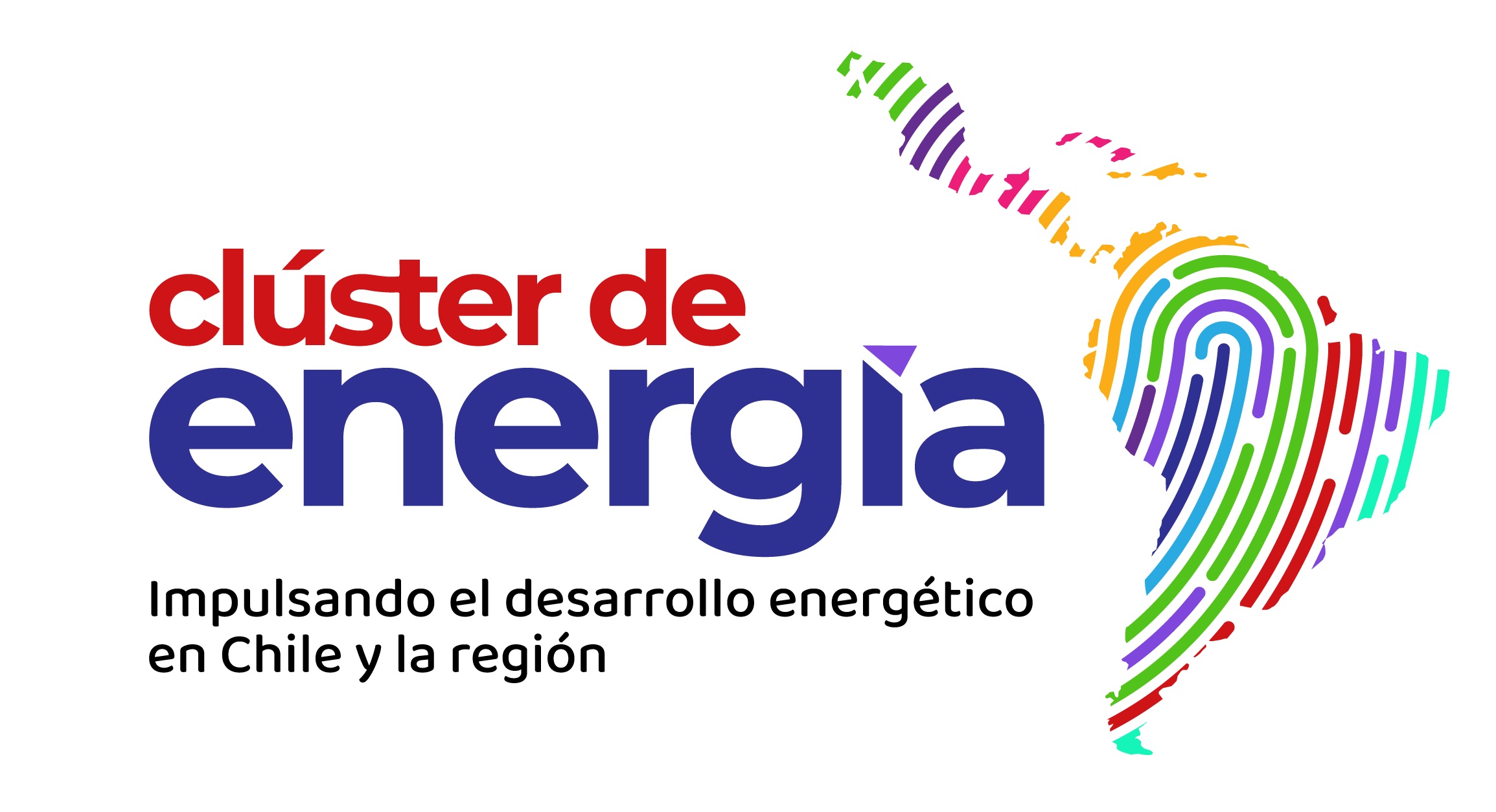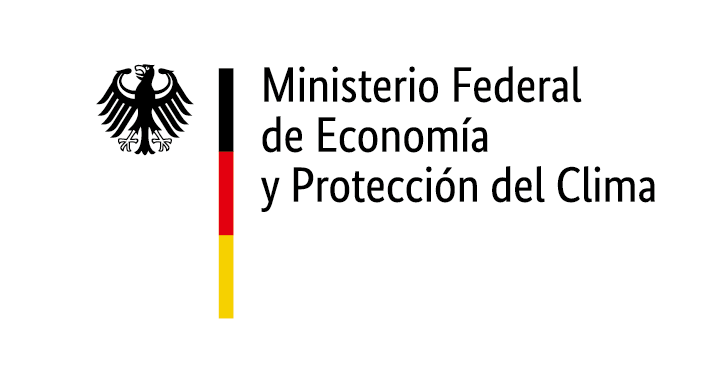Project:
Resources and climate: climate and environ-mental policy instruments to promote low-emission and efficient resource extraction in developing and emerging countries.
Principal:
German Federal Ministry for Environment, Nature Conservation and Nuclear Safety (BMU).
Country:
Chile, (Colombia)
Partner:
Ministry of Energy
Duration:
04/ 2019 – 03/ 2022
Context and background
The Chilean mining sector is one of the largest emitters of CO2 in Chile. Around 30% of Chile’s electricity is used for mining and processing of raw materials such as in particular copper and other metals. The majority of electricity is generated by fossil fuels, with approximately 40% coming from coal production. Large amounts of thermal energy are also needed to process the mined metals (copper, molybdenum, silver, gold, lithium, et al). It is estimated that Chile’s mining sector is responsible for more than 14 million tCO2 per year.
In recent years, energy demand in mining has risen by an average of 4% per year. Although manufacturing processes have considerable potential for savings and Chile is almost entirely dependent on imports of crude oil, natural gas, and coal, concrete plans to implement energy efficiency measures have so far played a subordinate role.
The current energy agenda (2018-2022) includes the adoption of the new Energy Efficiency Act. It is intended to encourage the country’s largest energy consumers, including the mining sector, to adopt energy-saving measures. The National Climate Action Plan (PANCC 2017-22) discusses raising ambitions for Chile’s National Climate Targets, (NDC) and the upcoming World Climate Conference (COP25) in the capital Santiago de Chile will provide additional impetus for this development.


